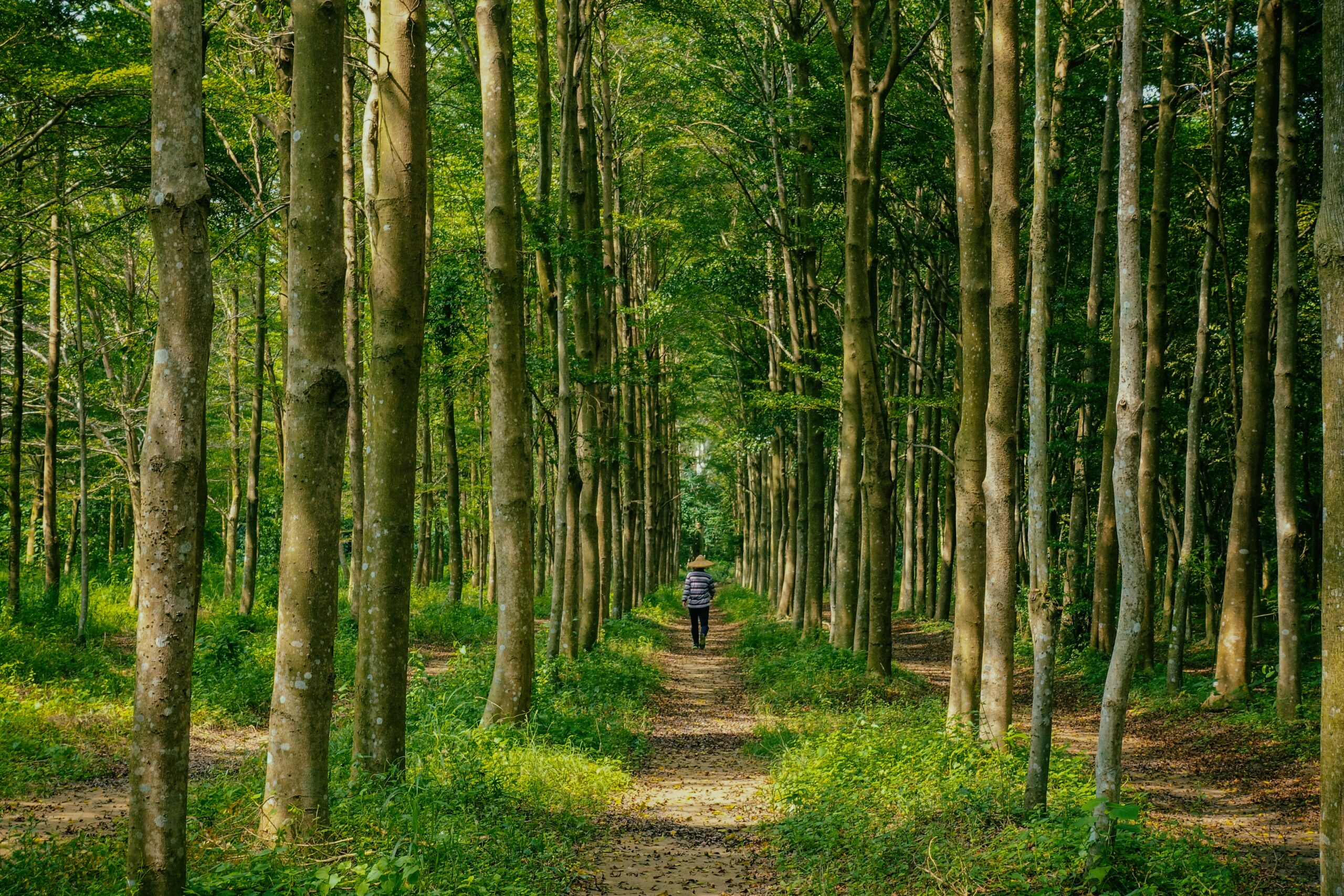
There is a threshold that one passes where words cannot capture an experience or finding the “right” description feels impossible. As a trauma-focused psychotherapist and clinical social worker, I see this all the time. Often in trauma healing, emergence from deep resounding wounds finds its path through the shadow of suffering without words or storytelling, like breath, movement, mindfulness and the somatic wisdom of the body.
Speaking to this truth, our world has moved far beyond “unprecedented times.” In some ways, these terms ring hollow as they have been rung for weeks, months and years. The tone in these words can only resonate so much. Before we explore ways of wading in these churning waters of overwhelm, it’s important to call on the finite nature of our energy and capacity. I invite you to conjure up an image of a water bearer; they cannot pour into a basin beyond what they can hold. This same truth impacts the ways our bodies metabolize complex stressors and chronic trauma.
The Age of Overwhelm by Laura van Dernoot Lipsky provides tools and insights for the journey toward reducing harm in a world that is on fire. This book covers incredibly important language in working with overwhelm. The work breaks down what it means to “metabolize” trauma; “Metabolism is made up of two processes: catabolism and anabolism. Catabolism is the breaking apart/breaking down phase, often with the release of molecular energy. Anabolism is the ‘building up’ of necessary nutrients for repair and growth.” Our bodies, like all systems, seek to find balance and stability in what is known or comfortable, and this is the language they speak.
Harkening back to our water bearer, these processes of catabolism and anabolism are the means through which we find balance with our finite capacity–catabolism drains water when needed after a flood and anabolism seeks to replenish it when empty. In our collective experience as living beings, respite has been hard to find. Often the body asks for safety or certainty before we can gain access to healing anabolic powers. Those pivotal elements of safety or certainty couldn’t be more precious and scarce in our current landscape. There’s a very real, present and honest truth for why folks are living with deeply diminished capacity and flinch at the thought of this “new normal.” We lack spaces in ourselves and the world to build back what was lost, or build back in the ways we were once used to.
The Age of Overwhelm speaks to the flooding nature of overwhelm as “saturation” and suggests that when complexly and chronically saturated, a way forward is to metabolize in small doses daily. It suggests a “daily rhythm” of back and forth in “quieting the mind” and then, when able, “tending to the world.”
Lipsky adds, “Former abbot of the Daitoku-ji, Oda Sesso says, ‘In Zen, there are only two things, you sit and you sweep the garden. It doesn’t matter how big the garden is.’ […] the inestimable value of a regular, dedicated contemplative practice–both so we can refrain from causing harm and so we can bring our most impeccable selves early and often–cannot be underestimated.”
In an unsustainable world, a steady path is hard to find. My invitation is to explore what it looks like to tend to your garden daily in whatever way feels possible, sitting and sweeping, sweeping and sitting. Like the Sand Mandala tradition of Tibetan Buddhist Monks, it is not in a final product but the path, where we find medicine.
So, how do we ford the river of suffering? Slowly, softly and often. Perhaps the waters of overwhelm can become sustenance for our own gardens. Whether it’s mindful breath when you remember its medicine, daily practices in movement, time in prayer or meditation, letting your feet touch the grass, wailing and gnashing teeth, pouring out what needs letting go, or dreaming of another way with those you love—it all goes somewhere, softens and nourishes. While we can’t will away or expect to heal what hurts completely, we can give ourselves the gift of tending to our own gardens at a gentle and manageable tempo. Because when we have a steady practice, we know that respite is near and that even a little bit counts. When familiar with our own gardens, we get acquainted with our strengths and spaces for growth. This inner wisdom gives us the capacity to find balance when possible and have an understanding of where we can aid in nourishing or seek support from those whose gardens live near and far from our own.
The only way out is through, and the only way through is together.

Connect With Us